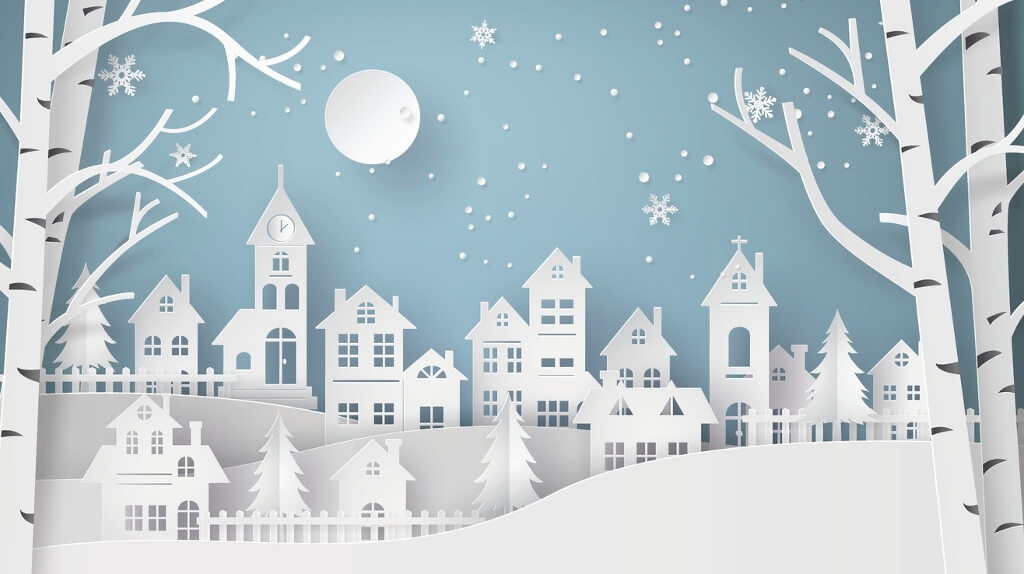Classifying workers by age group can be useful, but not when it means dismissing and entire generation of them.
Weather Warning: Generation Snowflake Is Here
Classifying workers by age group can be useful, but not when it means dismissing and entire generation of them.

Met any censorious snowflakes in the office today? You know, ‘thin skinned little emperors’ who take offence like the rest of us take toilet breaks and who dissolve like sugar in your morning cappuccino at the hint of criticism.
Generation snowflake (and other unflattering terms- see above) are used by many to describe the crop of adults that started appearing in the workplace in the 2010s and who have, according to one article in The Spectator been ‘reared on a diet of disaster hyperbole’, taught to ‘perceive the world as an endlessly scary place’ and educated in schools that are ‘unwittingly encouraging children to be upset’.
But is this accurate, or do the new recruits to the workforce just have the one thing that we don’t: empathy?
Much of the backlash surrounding the ‘snowflake generation’ comes from ‘political correctness gone mad’ type reports such as students at Stirling and Glasgow Universities receiving warnings that they may encounter material during their studies that might cause distress.
Supporters say that the procedures are there to help to protect the mental wellbeing of students whilst critics say that students who are conditioned to expect a ‘safe space’ environment aren’t prepared for the workplace.
As well as parenting and education, the digital revolution is blamed for the rise of snowflake like behaviour with too much interaction with peers as oppose to the older generation.
Though, one journalist and self-professed snowflake says that it is this access that is making us more sensitive (in a good day) and empathetic to others, which comes from having thousands of diverse viewpoints at your fingertips rather than just those of those in your immediate vicinity.
At the heart of the issue is communication and sensitivity. When the Spectator derides the transformation of the ‘sticks and stones’ message given to children to ‘words can scar me’ they are both right and wrong.
The types of words we use, and how we use them can have a huge effect on how we make others feel. You only have to experience a good or bad boss or a good or bad communicator to know the truth of this.
Yet, as we socialise youngsters to become more alive to the potential and value of communication, more sensitive to it shall we say, and more willing to speak up when something is amiss, they are still not quite sure how to do it right.
And this is particularly the case with face to face communication, something that the snowflake generation simply have less experience with.
Each generation has its own unique perspective on the world. They were born around the same time and were influenced by the same set of historical and cultural events, like post world war two baby boomers or tech savvy Generation Y to the newest addition to the workforce Generation Z (aka Snowflakes).
The numerous studies conducted into the characteristics of the different generations tend to agree on one thing- they are very different from each other in terms of what they want from life, how they want to be led, and their approach to work.
And of course, each generation has huge difficulty in understanding the other. Most workplaces in the UK now have multi-generational teams comprised of hard working Baby Boomers, informal Generation X, work-life balance seeking Generation Y and self-reliant Generation Z Snowflakes.
Take Baby Boomers with their hard working ethos, can they ever truly understand Gen Ys preoccupation with work life balance? They went to work to work and were happy to sacrifice family time for stability.
The current preoccupation with the ‘snowflake generation’ could be considered as the current incarnation of one generation failing to understand another. Not identifying with their values and beliefs because, quite simply, they were not raised the same way.
To deride a generation is to make one of the fundamental errors in communication by not listening to what the other party has to say and dismissing their potential because what they are offering is different.
Being able to communicate effectively in a diverse working environment is essential for everyone and that works both ways. The snowflake generation are criticised for the dominance of their interaction with peers as oppose to elders yet it is also down to other generations to invite positive discourse and sharing of information.
We have a new generation in the workplace. Do they have more empathy than us, perhaps, are they more sensitive, certainly.
Our goal then is to channel these potentially very positive traits in the right direction by building on them with the type of workplace skills needed to prosper like the ability to manage conflict effectively, effective face to face communication, appropriate assertiveness and dealing with workplace challenges.
And in the interest of workplace harmony, it’s a good idea to stop calling them Snowflakes too!
Paul Russell is co-founder and director of Luxury Academy London.
Thanks for signing up to Minutehack alerts.
Brilliant editorials heading your way soon.
Okay, Thanks!


